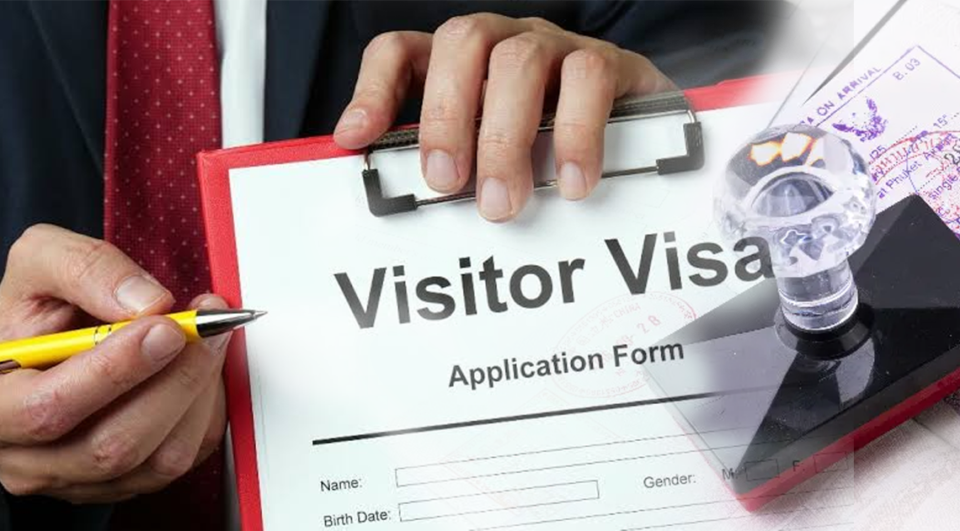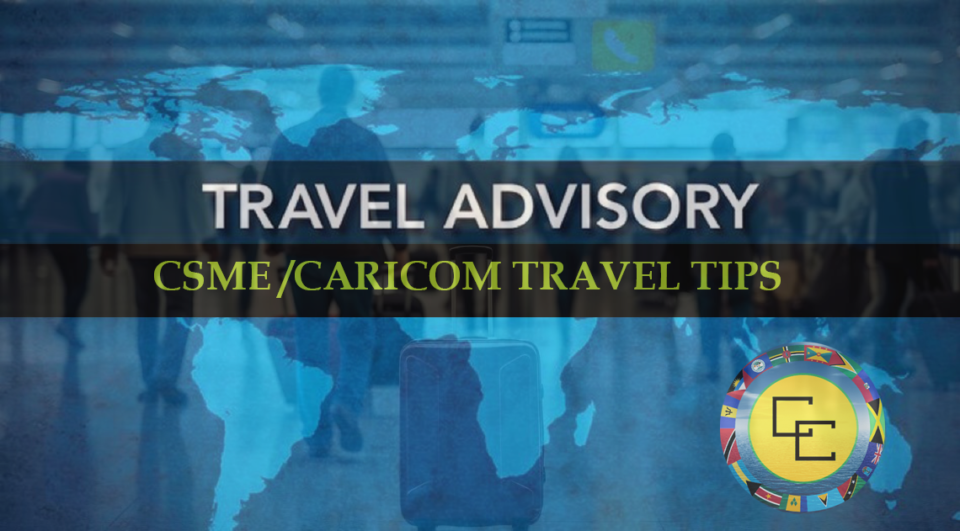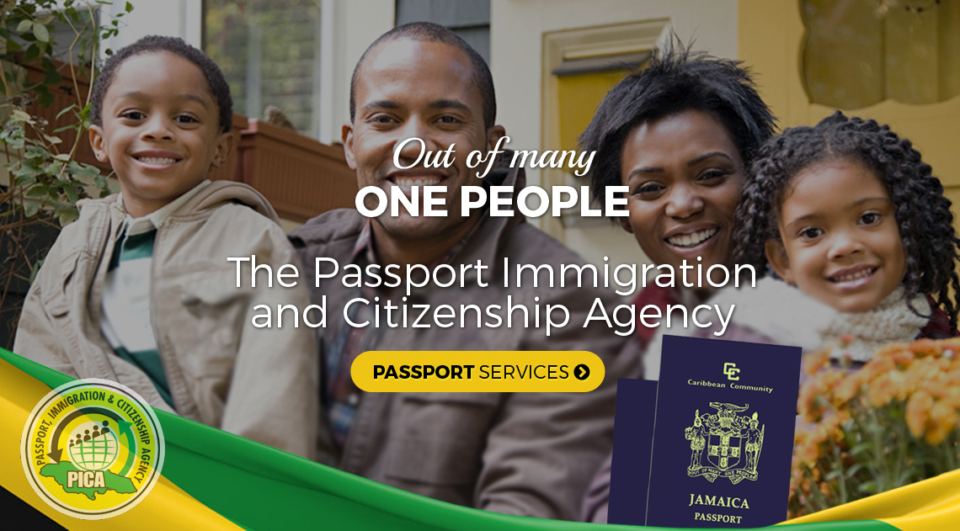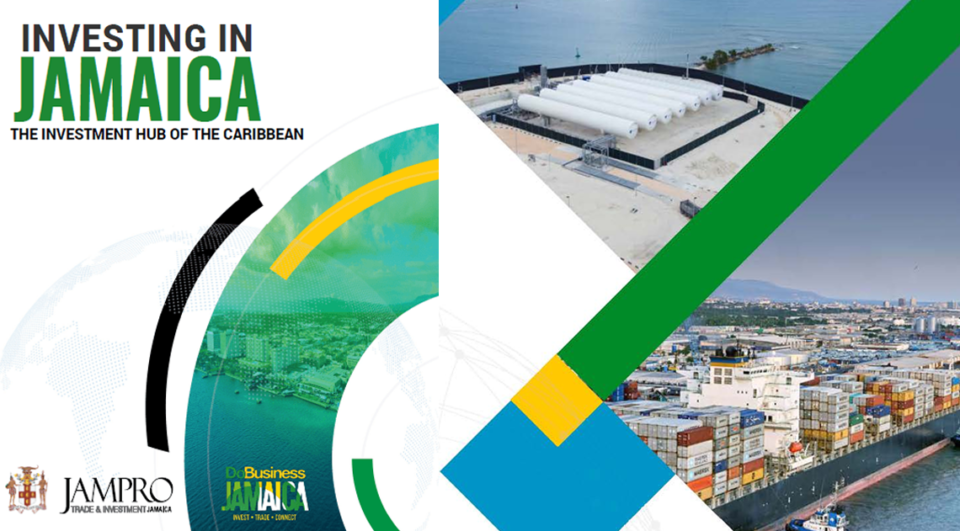[et_pb_section bb_built=”1″][et_pb_row][et_pb_column type=”4_4″][et_pb_text _builder_version=”3.4.1″]
When the Caribbean Community (CARICOM) Heads of Government gather for the 39th Regular Meeting in St. James in a few days, they will be tackling a number of critical issues that impact the economic and social advancement of the countries of the region.
Prime Minister, the Most Hon. Andrew Holness, who assumes Chairmanship of the Conference of Heads of Government on July 1, will steer the meeting, which is scheduled to take place from July 4 to 6 at the Montego Bay Convention Centre.
About 200 foreign officials are expected to attend the meeting. These include Heads of State and Government of the Community and their delegations, officials from other regional and hemispheric international bodies and institutions, as well as members of the diplomatic corps, both local and overseas, which are accredited to CARICOM
Among the key agenda items are crime and security strategy, disaster management and climate change, and implementation of the CARICOM Single Market and Economy (CSME).
Other areas for discussion include the upcoming 2018 G20 Summit in Buenos Aires, Argentina, which will be the first to be held in South America
The Ministry of Foreign Affairs and Foreign Trade indicates that Jamaica’s chairmanship will place particular focus on the CSME given the critical importance in facilitating the expansion of investment and trade in goods and services as well as the free movement of people across the region.
Prime Minister Holness is expected to address his colleague Heads of Government on the Report of the Commission to Review Jamaica’s Relations within the CARICOM and CARIFORUM Frameworks
The Commission, led by former Prime Minister, Bruce Golding, looked at the effectiveness of Jamaica’s membership within CARICOM, with respect to trade in goods and services, investment, international competitiveness and job creation.
The report, which was tabled in the House of Representatives on February 6, 2018 and debated on June 19, 2018, includes 33 recommendations aimed at addressing the structural and organisational deficiencies within CARICOM.
Among them is that member states should facilitate the full, free movement of people within CARICOM, except in cases of security and public-health risks. They should also push for the harmonisation of customs laws, regulations and procedures, among other things.
Another key recommendation is for Jamaica to seek a clear, definite commitment from all member states to a specific, time-bound, measurable and verifiable programme of action to fulfil all their obligations and complete other requirements for the CSME to be fully established and operational within the next five years.
The Prime Minister recalled that the CARICOM Heads had approved an implementation plan in July 2007, which mandated member states to implement their outstanding actions on the CARICOM Single Market within four years.
The time frame, he said, is notably less than what the Commission has recommended.
“The implementation plan, I should note, failed to address the Single Economy [E], so within this context, the Commission compels us to finally take the bold move towards addressing the elephant in the room,” he added.
Speaking at a press briefing on June 28, Foreign Affairs and Foreign Trade Minister, Senator the Hon. Kamina Johnson Smith, said the Single Market will “be undoubtedly, an interesting matter for Heads to consider”.
She noted that in 2005 and in 2010, the Heads took the decision “that a pause should be placed on the implementation of the E”.
“The position of the Jamaican Government is that rather than have uncertainty around that major issue… our view is that it might be better for us to focus on the Single Market, which addresses the matter of movement of people, goods, capital and services,” she added.
The Senator said that Jamaica will also be calling for the governance within CARICOM and CARICOM institutions to be effectively addressed, and a performance-based results approach adopted.
She said that a results-based management system, which has been proposed and is going through the CARICOM process, will be on the agenda.
“Certainly, there will be an assessment of what institutions are functioning well, what institutions may no longer be necessary and, therefore, be an unnecessary drain on resources. We believe that this is the type of analysis that must be conducted in the shortest order, in order to ensure that our resources are being appropriately directed and utilised,” she noted.
Senator Johnson Smith said that matters such as dispute resolution and compliance and a review of the bases for assessment of member states’ financial contribution to CARICOM and regional institutions must also be addressed by CARICOM.
She further pointed to the need to broaden economic cooperation with neighbouring states, including the Dominican Republic and Cuba.
“The issue is for us to work together to drive implementation, so that the Single Market can result in benefits to all our people. The intention has been stated by the Prime Minister…. It is not for Jamaica to leave; it is to develop a stronger more effective CARICOM, and we look forward to engaging throughout the chairmanship in doing our part in seeing this through,” she said.
On the matter of climate change, Jamaica will call for focused and coordinated participation by CARICOM member states in climate-related negotiations throughout 2018, including at the Conference of the Parties (COP24) to the United Nations Framework Convention on Climate Change (UNFCCC), which is scheduled to take place in Katowice, Poland, from December 3 to 14.
The Heads of Government will also tackle crime and violence and the implications for the development of the region.
Prime Minister Holness had urged the regional leaders to place the matter as a priority when he attended the 38th Regular Meeting of the Conference of Heads in Grenada in July 2017.
Written by: E. Hartman Reckord, Public relations Department. JIS
[/et_pb_text][/et_pb_column][/et_pb_row][/et_pb_section]





